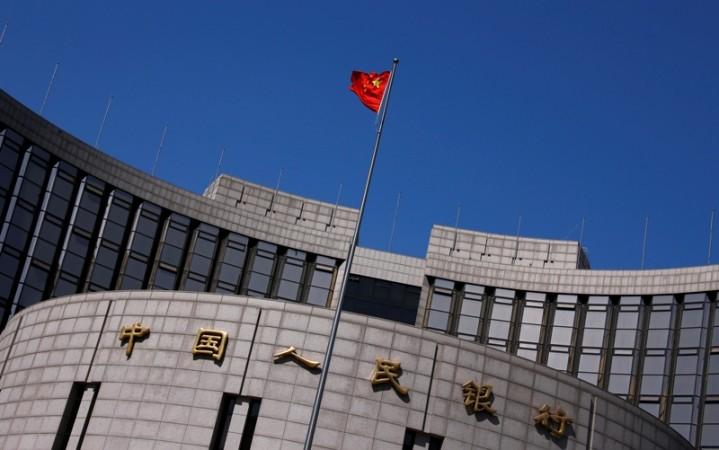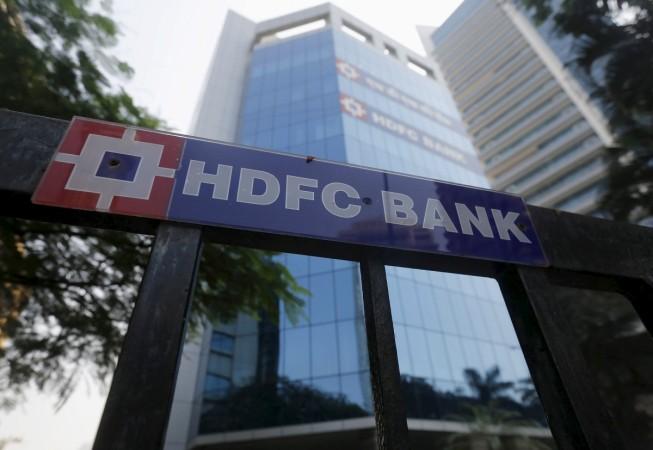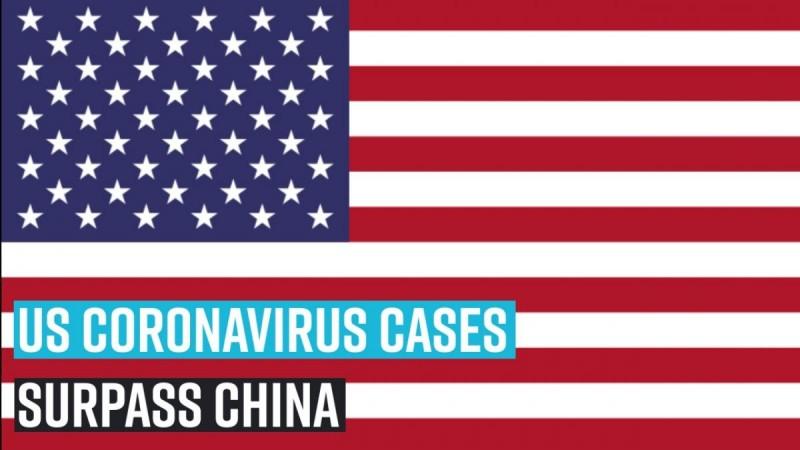In the recent past, China has been increasing its investments significantly across Asia, including Bangladesh and Pakistan in technology companies and infrastructure projects. According to latest reports, the People Bank of China (PBOC), an existing shareholder of HDFC Ltd. has been accumulating shares for over a year, with 0.8 percent stake in 2019, to now own 1.1 percent in 2020.

The Opportunist: China buying stocks when economies are battling Covid-19 crisis
When the coronavirus penetration was increasing across Asia, Europe, the UK and the US, the Chinese Central Bank was busy buying shares of financial institutions (FIs) during the period between January 2020 to March 2020. It has purchased 1,74,92,909 crore shares of HDFC Limited, to now own 1.01 percent of the shareholding, according to exchange data.
What has been more significant is the timing of the purchase of shares - during times of coronavirus outbreak that led to the falling of stocks across markets. Is there a plan in the backdrop about investing in stocks when markets are at an all-time low during pandemics? The shares of HDFC have fallen by 32 percent from a 52-week high of Rs 2,499.65 on January 14. It had further slid by 41 percent by the first week of February. The HDFC shares closed at Rs 1,701.95 as of April 10.

Of late, the housing finance lending institution (HDFC) has attracted a lot of interest from institutional investors, with the Life Insurance Corporation of India (LIC) increasing its holding in HDFC Ltd from 4.21 percent in December quarter to 4.67 percent in April.
Was coronavirus created in China to impact global economies?
There have been dangerous conspiracy theories circulated in social media and other news outlets stating that Coronavirus (SARS-CoV-2) was engineered in a level 4 (the highest biosafety level) research laboratory in Wuhan, as a bioweapon against flourishing economies of the US and Europe.
Some other conspiracy theory says that experimental animals were sold by a researcher from the lab to the live animal and seafood market, thus leading to the virus leak from the lab to the masses in Wuhan first, then China at large and further spreading to affect global nations. These claims are absolutely baseless and untrue.
To steer clear off the rumors, and not blame scientists or researchers in China for having conspired creation of this virus in a lab, a group of researchers wrote in the journal Nature Medicine on March 17 stating, "Our analyses clearly show that SARS-CoV-2 is not a laboratory construct or a purposefully manipulated virus."
Researches suggest that the virus can be contracted directly from animals - civets in the case of SARS and camels in the case of Middle East respiratory syndrome (MERS). However, tracing the cause of SARS-CoV-2, the researchers suggest that it is contracted from the bat that transmitted the virus to another intermediate animal (possibly a pangolin) which further transmitted the virus to humans.

While accusation concepts and conspiracy theories about coronavirus origins, traces and causes stay afloat, with the WHO being blamed for declaring Covid-19 as a pandemic way too late, and the Trump administration casting doubts on Beijing's transparency in numbers of coronavirus cases. It has triggered ill feelings in China-US relations, and led to another conspiracy theory that emerges in China - the US military is to blame for the virus.
Deciphering the truth as the blame game continues, we are forced to think, if the coronavirus was a deliberately created bioweapon, as they say, strategically planned to push global economies to a state of crisis? With outright racism, criticism and damage caused to China's economic status globally, many countries are now questioning transparency of the China's Belt and Road Initiative (BRI) as well.
Decoding China's rebound strategy of investing: Why buy stocks of FIs now?
Quoting Warren Buffet's investment strategy when stock markets crash, he believes, "We simply attempt to be fearful when others are greedy and to be greedy only when others are fearful." A news report states that, "Since the financial crisis, Buffett has spent tens of billions of dollars increasing his holdings of bank stocks."
The coronavirus outbreak has sent the global stock prices reeling, while it might be difficult for global investors to click on "buy" especially in times like these, wherein stock prices are on the verge of further decline.
We think the Chinese Central Bank is taking investment advice of Warren Buffet too seriously, to perhaps cash in on the current times of volatility to be greedy, when other investors are fearful. Chinese investors are making most of this excellent time to purchase, when stock markets crash and shares are sold at low prices in a bearish market.
How India needs to shield its firms and FIs from Chinese buyouts?
Doubting China's lack of transparency and lack of trustworthiness, Trump placed doubts on China's coronavirus figures at a press conference saying, "How do we know if they are accurate. Their numbers seem to be a little bit on the light side."
Republican Senator Ben Sasse attacked Beijing's numbers as "garbage propaganda." He stated, "The claim that the United States has more coronavirus deaths than China is false. Without commenting on any classified information, this much is painfully obvious: The Chinese Communist Party has lied, is lying, and will continue to lie about coronavirus to protect the regime." While Michael McCaul, top Republican on the House Foreign Affairs Committee, said China is "not a trustworthy partner" in the fight against COVID-19.

To protect your business from the post Covid-19 impact, it is important for companies to be cautious and warned about Chinese buyouts. Considering developing economies like India will need investments and economic stimulus, China is likely to lure and step up its efforts with low-lost long-term loans within and outside the BRI framework, as history holds testament to the fact - intent being to generate business for Chinese firms in itself.
Be wary of Chinese investors entering the market and making investment propositions especially in times of volatility to shield your business from times of future crisis. Indian businesses and financial institutions need to hold their defenses on guard, and be a watchdog of such Chinese strategic moves to prevent Indian companies and FIs from buyouts.














